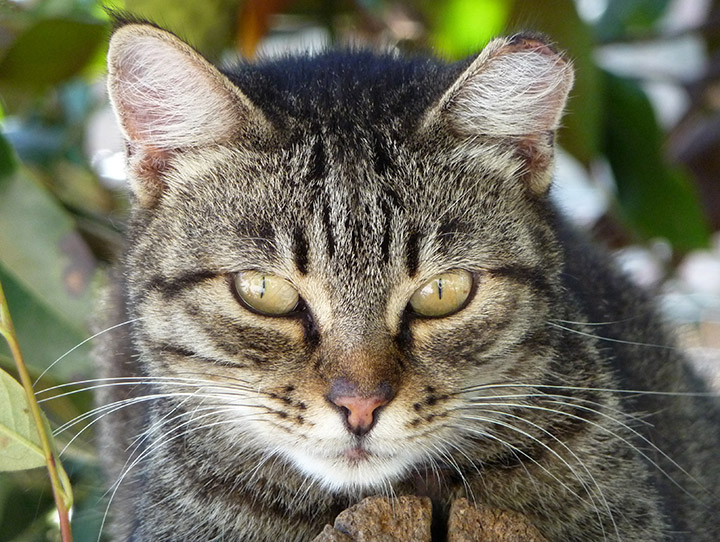The Carmel City Council unanimously passed an ordinance on June 19 to address free-roaming feral cats in the city.
The newly-passed ordinance would allow the Carmel Police Dept., or a designee, to identify managed free-roaming cat colonies and prohibit anyone from feeding the cats unless they are a “colony caretaker,” a position determined by the city that would require registration with CPD.
Colony caretakers can’t have convictions for animal cruelty and can’t allow cats in the colony to become a public nuisance. CPD reserves the right to trap free-roaming cats in a humane manner, surgically sterilize them and return them to their colonies.
Some information included in the ordinance:
- The City of Carmel defines a feral cat as, “any cat that has no apparent owner or identification and is wild, untamed, unsocialized, unmanageable and unable to be approached or handled.”
- Colonies, which is a group of feral cats, but must be maintained, “using trap, neuter and return methodology.
- The City can provide funds, services or assistance for managing a colony at its discretion, such as helping pay for “costs of trapping, neutering, and vaccinating captured feral cats that can be returned to an appropriate, controlled and protected managed colony.” This is to the extent that funding is available and doesn’t obligate the City to do so.
- Feral cats in a managed colony need to be vaccinated against rabies and sterilized to prevent breeding.
- Colony caretakers must have a licensed veterinarian evaluate the health of all trapped feral cats. The City said that, “seriously ill or injured feral cats with no reasonable prognosis for humane rehabilitation for survival outdoors will be humanely euthanized.”
- Non-feral cats should be sent to the Humane Society for Hamilton County for adoption.
- Kittens should be removed before eight weeks of age for domestication and placement in a home through the Humane Society.
- If colony caretakers don’t follow the rules they can be subject to a warning and eventually a fine of up to $100.



